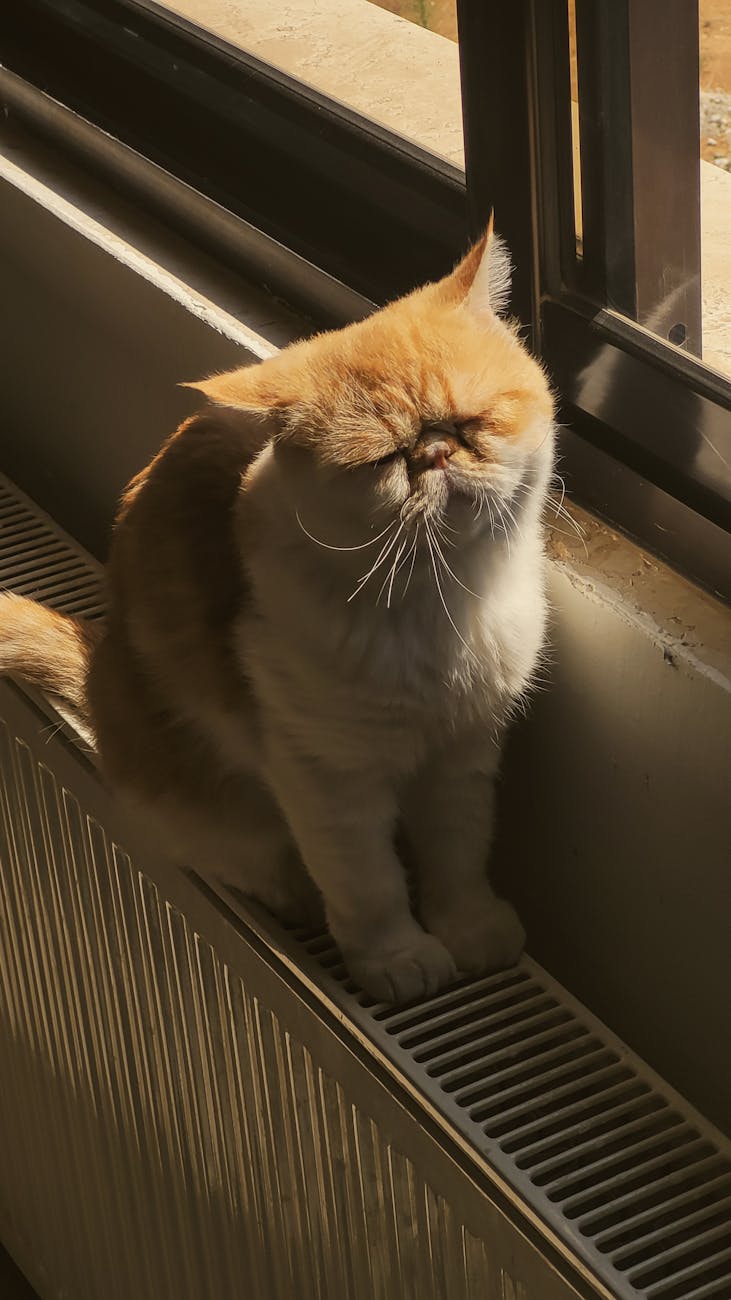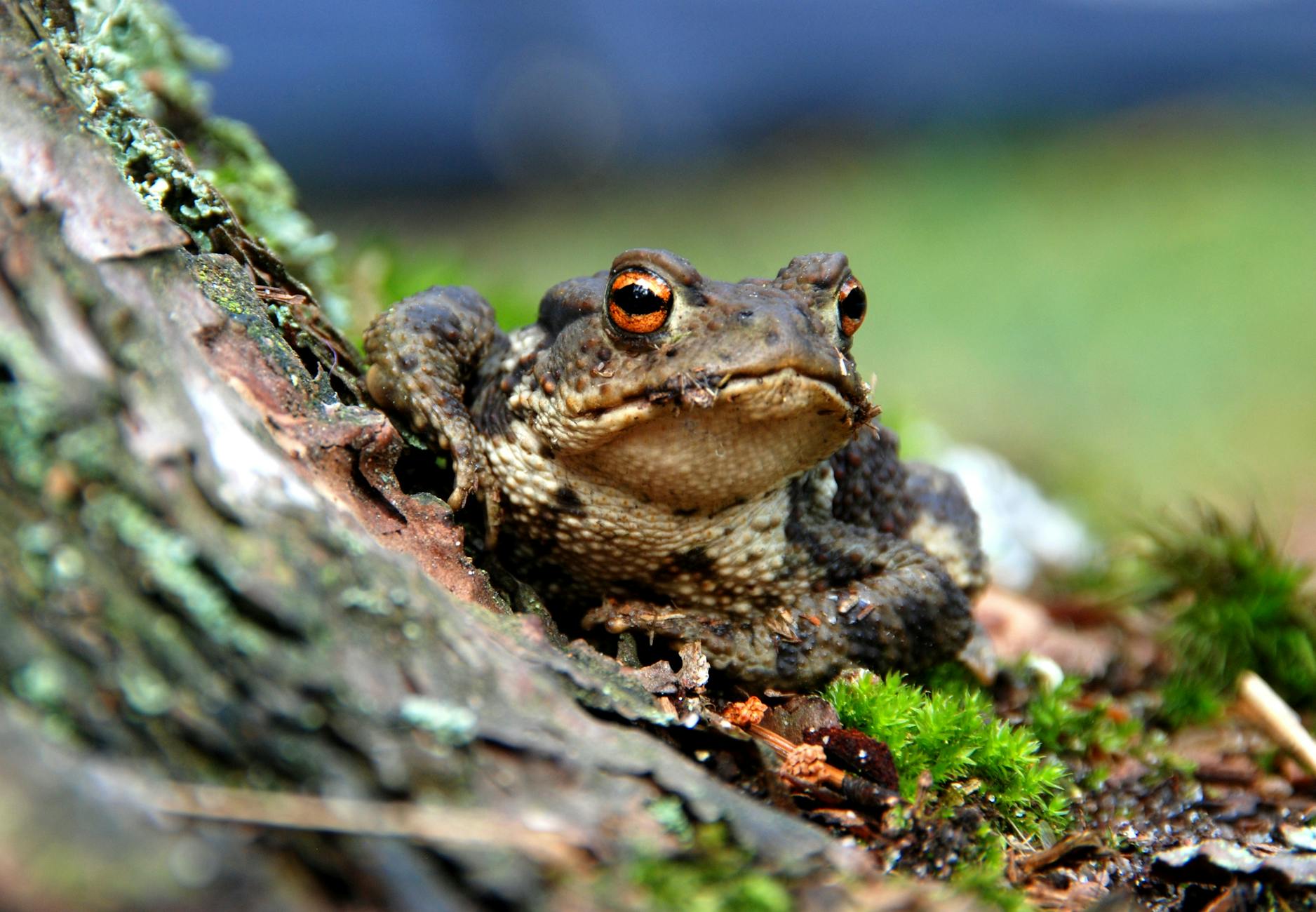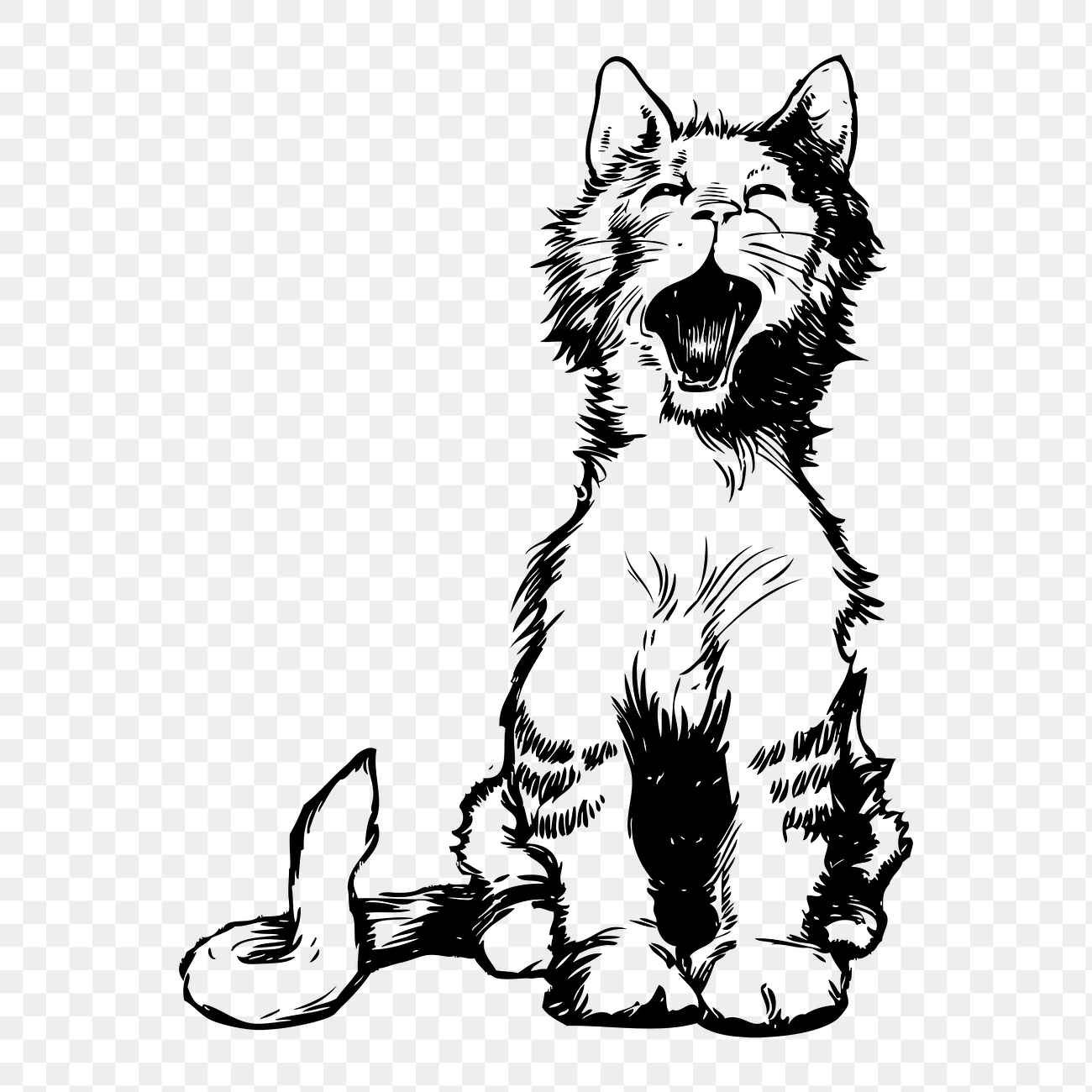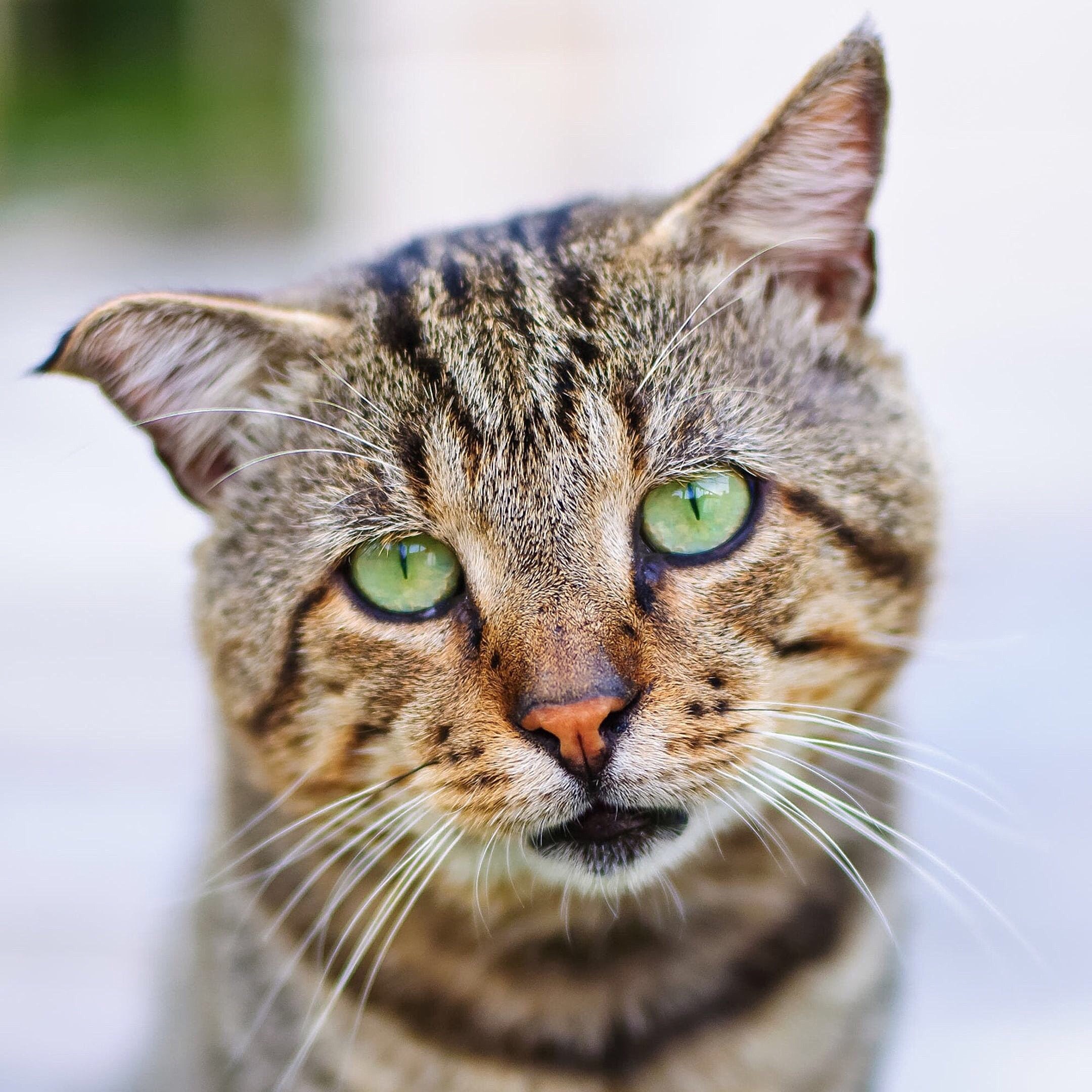Author: Jamie
I'm a busy blogger pet parent to my senior-aged cat Pizza. We have traveled all over Los Angeles, endured several moves, jobs, roommates and now global pandemic together. Today we write, learn, and share information and our favorite products, in hopes you can experience your best life with pets too, We currently live with other humans and their beautiful dog.
Author: Jamie
I'm a busy blogger pet parent to my senior-aged cat Pizza. We have traveled all over Los Angeles, endured several moves, jobs, roommates and now global pandemic together. Today we write, learn, and share information and our favorite products, in hopes you can experience your best life with pets too, We currently live with other humans and their beautiful dog.
August 1, 2025
JamieJamie
23:46
My Pizza cat lives indoors, yet I need to make sure he stays cool and safe in the California heat. Hydration and protection from the heat are important. Extra grooming and diet adjustments also contribute. Early or late playtime helps to keep him happy and cool while I’m gone. HydrationPlace[...]
July 30, 2025
JamieJamie
17:55
( a delightful guest post by Toadorama) I’ve loved frogs and toads since I can remember. I’ve always had them as pets. I firmly believe if you find a healthy, adult toad in the wild. It should stay there. Wild-caught adults do not thrive when captured. With my 4 toads[...]
July 23, 2025
JamieJamie
01:24
As our pets age, they need more care, patience, and comfort. If you’ve got a senior cat at home, here’s what I’ve learned about keeping them happy, healthy, and thriving. How to Keep My 15-Year-Old Cat Happy and Healthy My cat is 15 years old. He’s been with me through[...]
July 22, 2025
JamieJamie
06:40
Sneezing after eating could show food allergies, food in their nose, respiratory cold or even dental troubles. Why Does My Cat Sneeze After Eating? By Jamie | www.awanderingpet.com If you’ve ever shared a meal with a cat (or, more accurately, watched them eat like royalty while you wait on them),[...]
July 11, 2025
JamieJamie
17:39
As cats age, their behavior can undergo various changes that reflect their maturity and shifting needs. Here are some key behaviors to look out for that can help you understand your aging feline friend better as he gets older: Affection One noticeable change is increased affection. Older cats often become[...]
September 24, 2023
JamieJamie
06:52
A recent survey revealed almost 75% of pet owners, dress their cat or dog in pet costumes for Halloween. Many people even get matching or complimentary Pet and Owner Halloween Costumes.What a fun way to celebrate the Fall Season and include your cat or dog or other pet. A simple[...]







